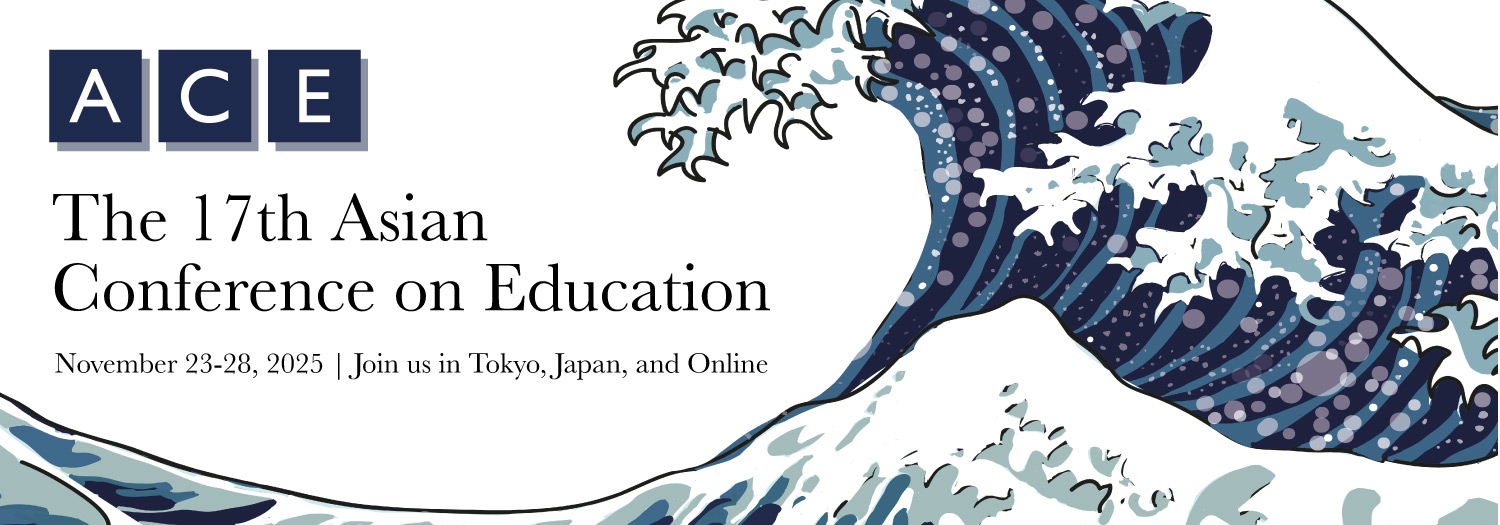Biography
Edsoulla is an Assistant Professor in the School of Education and Languages at Hong Kong Metropolitan University. Prior to the completion of her doctorate in Second Language Education at the University of Cambridge as a Cambridge Trust scholar, she taught English courses for academic and specific purposes in the English Language Teaching Unit (ELTU) of the Chinese University of Hong Kong, where she received a Faculty of Arts Outstanding Teaching Award in 2013 and an ELTU Exemplary Teaching Award for three consecutive years. Edsoulla’s main research interests lie in second language acquisition, professional development for teachers, and vocabulary input and treatment. Her recent publications have appeared in Language, Culture and Social Interaction, The Asia-Pacific Education Researcher, and System.
Spotlight Presentation
Eleven Factors Contributing to the Effectiveness of Dialogic Reflection for Professional Development: The Teacher’s Perspective
How teacher development can be promoted has been a fundamental concern within educational research. While researchers have repeatedly highlighted the use of dialogue as an effective means of fostering learning, little investigation has been conducted to explicate the role of dialogic reflection in teacher development and how it can be incorporated into a professional programme to ensure the programme’s effectiveness from the teacher’s perspective. Accordingly, this presentation reports the results of a qualitative study conducted in an Asian context, exploring, based on teachers’ perceptions, the role of dialogic reflection in fostering professional growth and the essential determinants contributing to its effective implementation. With the analysis of semi-structured interviews and reflective journal entries gathered from four in-service English language teachers involved in a programme fostering professional development through dialogic reflection, the study’s findings revealed that dialogic reflection was deemed useful in promoting collective scaffolding among teachers. More importantly, eleven factors that support teacher development through dialogic reflection, focusing on four key areas, namely multiple pathways to quality reflection, teachers’ dialogic qualities, conditions conducive to dialogic reflection, and kinds of institutional support, were identified. Implications for professional development and suggestions on future research are discussed.
Stream: Professional Training, Development & Concerns in Education
https://submit.iafor.org/submission/submission61031/

